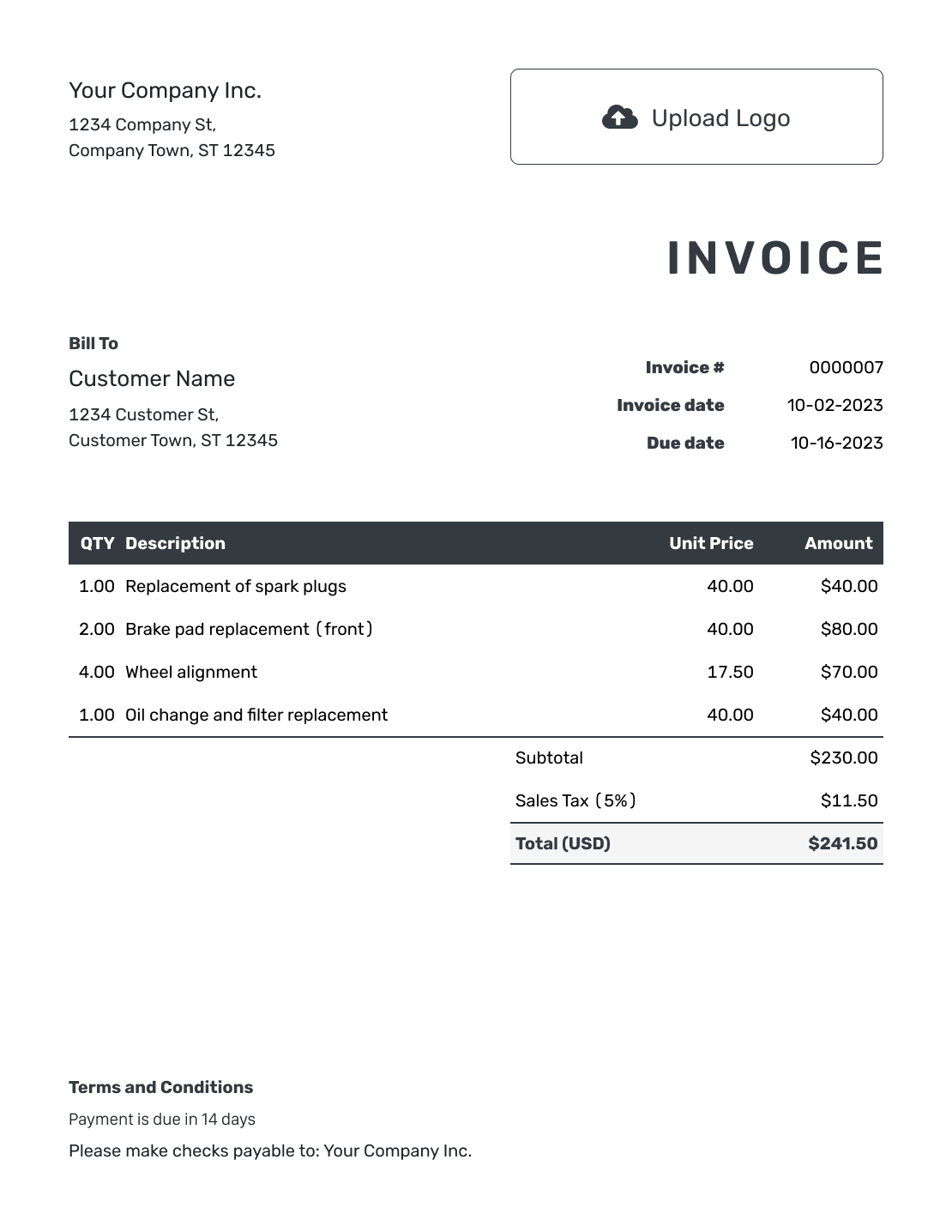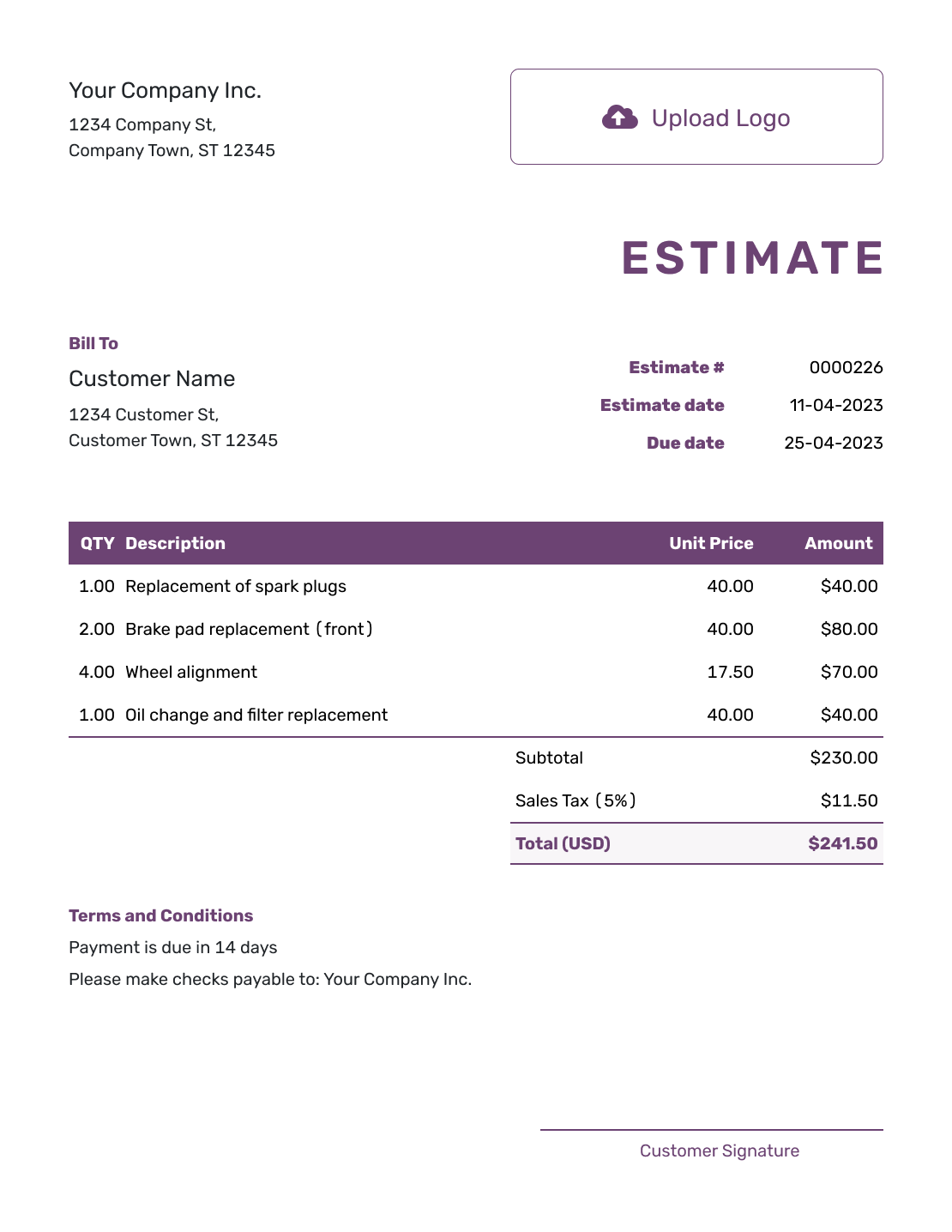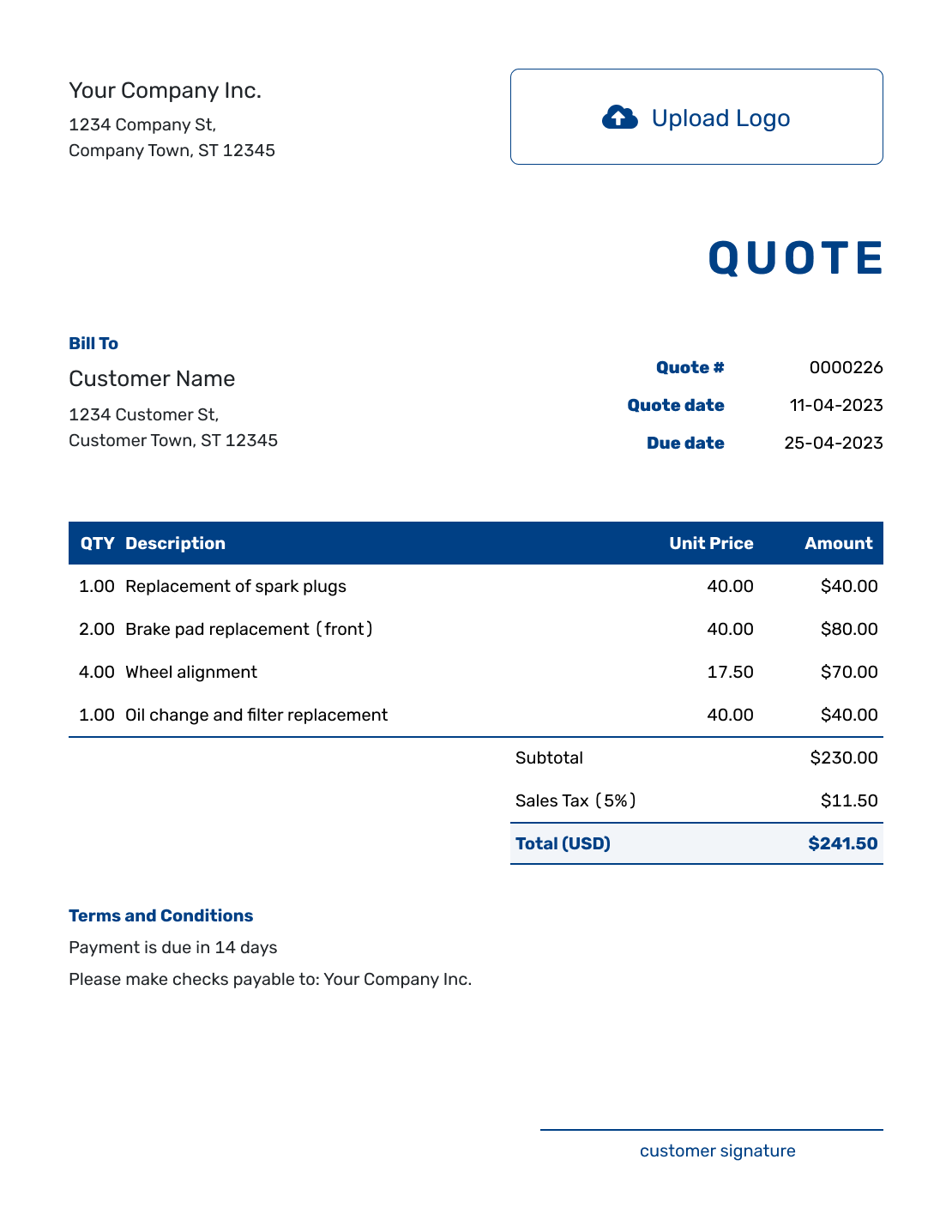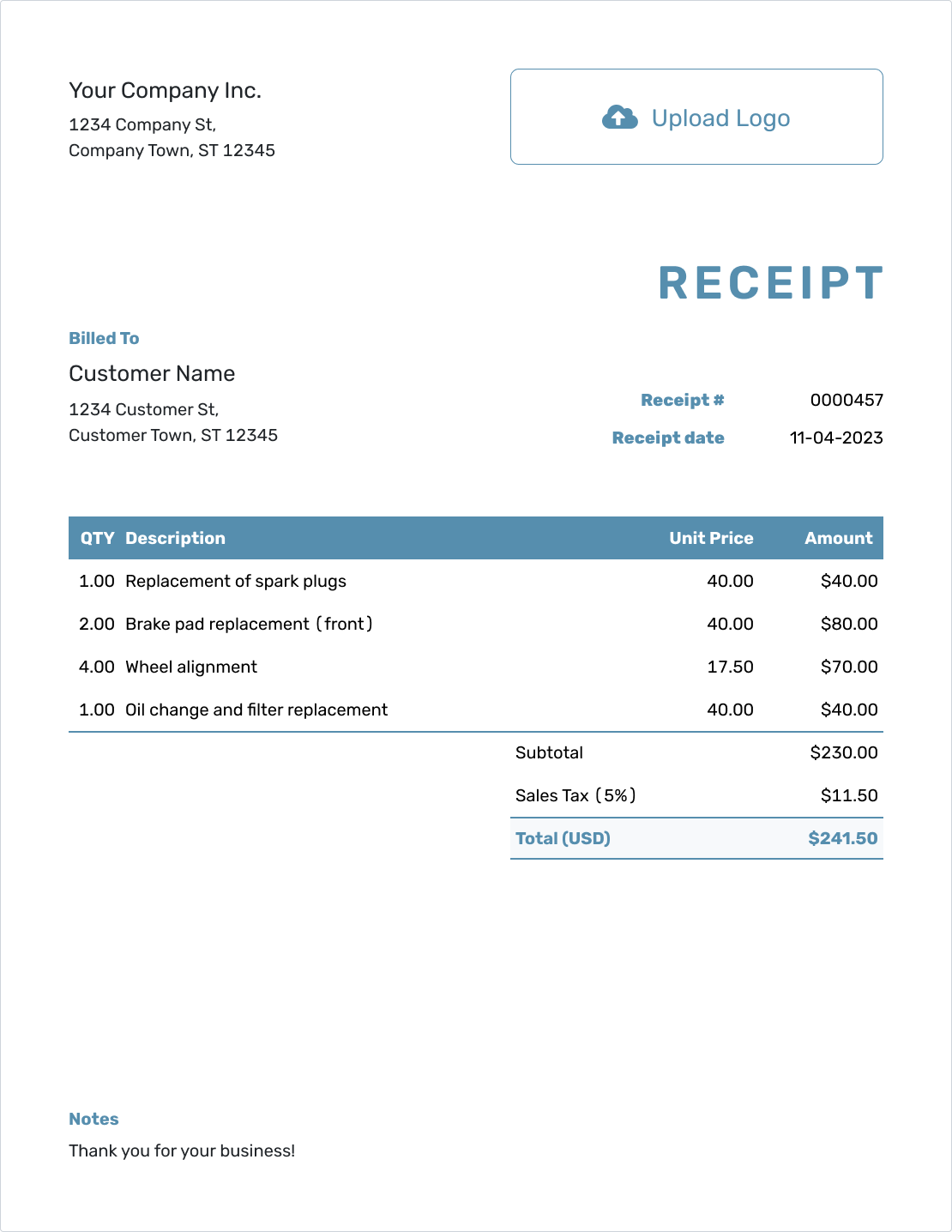Understanding
Budgeting
Est. reading time: 6 min

Budgeting might sound intimidating, but it's really just making a plan for your money. It's about deciding where your money will go before you even earn it. A good budget helps you avoid overspending, save for goals, and keep your business or personal finances on track.
What Is Budgeting?
A budget is a financial plan that tracks your income and expenses. It shows how much money is coming in and where it's being spent. Budgeting helps you manage your resources so you can achieve specific goals, like saving for new equipment or managing day-to-day finances.
Key Elements of a Budget:
- Income: All the money you expect to earn in a given period.
- Fixed Expenses: Costs that stay the same, like rent or salaries.
- Variable Expenses: Costs that change, like supplies.
- Savings or Profit Goals: Money set aside for future needs or reinvestment.
Why Does Budgeting Matter?
Budgeting is important because it helps you:
- Control Spending: Avoid overspending and ensure your money goes toward what matters most.
- Plan Ahead: Prepare for upcoming expenses and unexpected costs.
- Achieve Goals: Save for big investments, like upgrading equipment or growing your team.
- Reduce Stress: Know exactly where your money is going, so you're not caught off guard.
Think of budgeting as your financial roadmap—it keeps you moving in the right direction without surprises.
How to Create a Budget
Making a budget is simple when you break it into steps:
- List Your Income: Start by calculating how much money your business earns. Include all revenue streams.
- Track Your Expenses: Write down every expense, big or small, and group them into categories like rent, utilities, or supplies.
- Set Spending Limits: Decide how much you’ll allocate to each category based on your goals.
- Plan for Savings: Save a portion of your income for emergencies or growth opportunities.
- Review and Adjust: Regularly check your budget to make sure it reflects your current situation.
Practical Budgeting Tips
Here are some tips to make your budgeting process smoother:
- Be Realistic: Don't underestimate your expenses or overestimate your income. A realistic budget is easier to stick to.
- Automate Savings: Set up automatic transfers to a savings account to ensure you meet your goals.
- Use Tools: Track your expenses and income with external apps or software to save time and avoid mistakes.
- Plan for the Unexpected: Include a buffer for emergencies or unexpected costs.
- Review Monthly: Budgets aren't set in stone. Adjust them as your income or expenses change.
The Docelf Advantage
Docelf makes it easy to stay organized with professional invoicing tools. With Docelf, you can:
- Track Payments: Stay on top of your incoming payments and ensure you're paid on time.
- Customize Documents: Create invoices, estimates, and receipts that reflect your brand and financial goals.
- Simplify Record-Keeping: Keep all your financial records in one place for easy access and better budgeting.
Ready to make budgeting simple? Try Docelf today and take control of your business finances!




